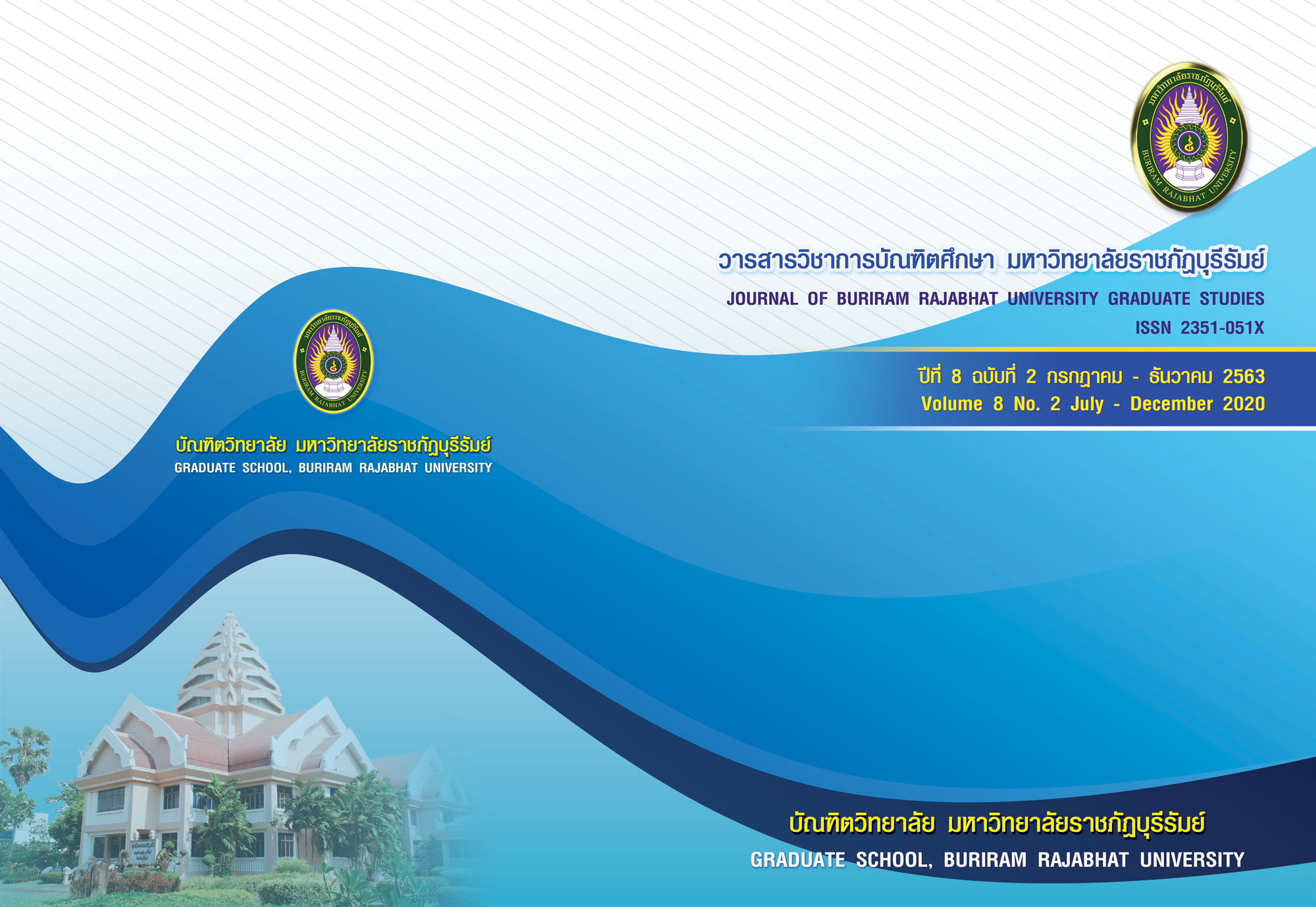Gender Equality in the Family: Myanmar Context
คำสำคัญ:
Gender Equality, Family, Fulltime and part-time employment, Myanmarบทคัดย่อ
In international law, the protection of the family is closely linked to the principle
of equality and non-discrimination, meaning that all members of a family must enjoy
the same liberties and rights regardless of gender or age (Baxter. 1992). Gender equality
begins at home, and families are at the front lines of change. For the next generation, the
examples set at home by parents, care-givers and extended family are shaping the way
they think about gender and equality. This research examines the effects of full-time and
part-time employment of women on various aspects of a household’s arrangements.
It argues that only full-time employment represents a significant transformation in women’s
roles, thus providing the bargaining resources that allow them to affect the household’s
arrangements. The authors see part-time involvement in market work as a way to maintain,
rather than change, the traditional division of labor. Data were derived from a crosssectional survey of 197 households; 152 married couples and their families were included
in the analysis. An index of husbands’ relative involvement in housework was constructed
from 25 items focusing on division of housework activities. Logistic regression was used to
assess associations between husbands’ involvement in housework. Based on data collected
in the year 2018 and 2019 from a representative sample of the Myanmar population, the
authors find that although full-time employment contributes to gender equality within
the household, part-time employment does not. Husbands of fully employed wives are
more likely to participate in housework chores that are female-dominated, and full-time
employed women are more likely than housewives to take part in the household’s financial






